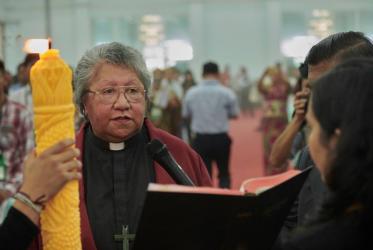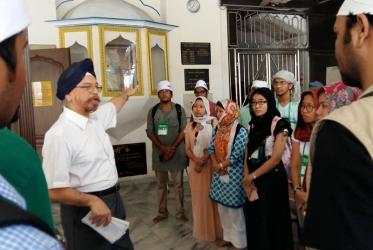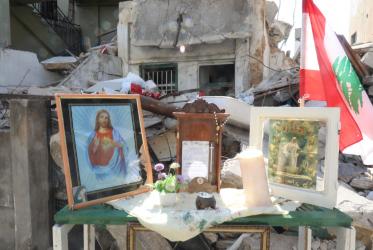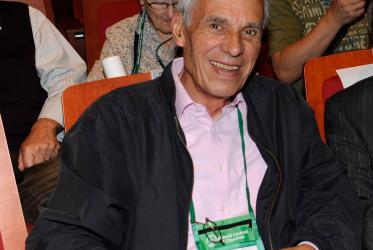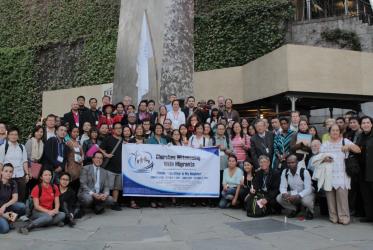Displaying 1 - 17 of 17
"Light of Peace" book now available in Korean
06 January 2021
Young ecumenists address new realities of global movement
25 February 2016
Killer Robots? Moral questions pervade UN conference
23 April 2015
New UN document opens door for churches to do more for indigenous rights
23 September 2014
Religion, Power, Politics: A conversation with Konrad Raiser
01 November 2013
Churches advocate upholding human dignity of migrants
14 October 2013



